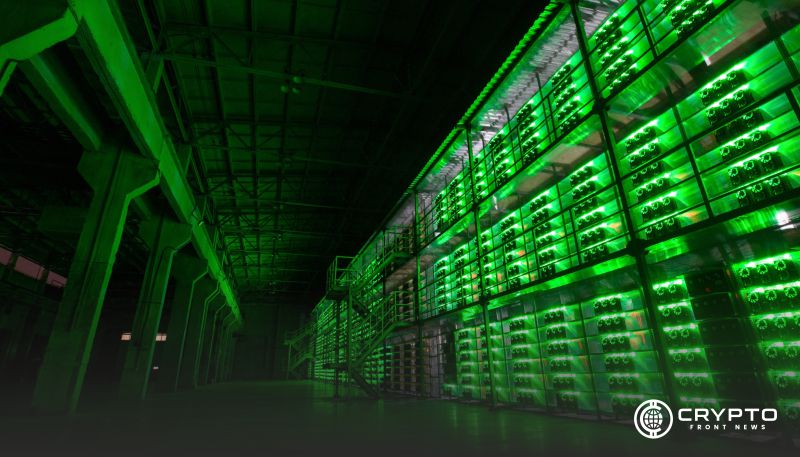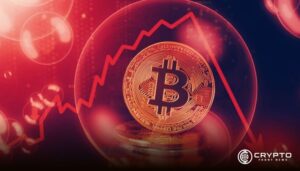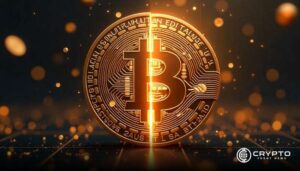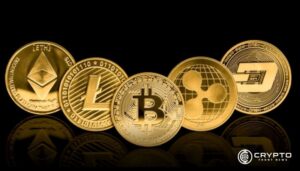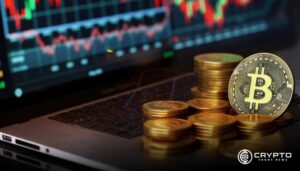- Deutsche Telekom’s MMS uses surplus solar and wind energy for Bitcoin mining to enhance grid stability in Germany.
- The project aims to validate Bitcoin mining’s role in managing energy peaks, using flexible loads for grid stability.
- Bankhaus Metzler sees this pilot as an avenue for exploring blockchain’s integration with renewable energy and digital assets.
Deutsche Telekom’s subsidiary, MMS, in collaboration with Bankhaus Metzler, is pioneering a new Bitcoin mining project in Germany, aiming to stabilize energy grid fluctuations.
This pilot, hosted by Metis Solutions GmbH and located at Riva GmbH Engineering in Backnang, taps into surplus renewable energy, primarily from photovoltaic and wind sources, to power Bitcoin mining equipment.
By utilizing excess electricity that would otherwise go to waste, the project seeks to support Germany’s growing renewable energy sector while providing valuable insights for future grid stability.
Bitcoin Mining as a Solution for Renewable Energy Peaks
The increasing production of renewable energy, particularly from wind and solar power, often results in excess power due to inconsistent generation patterns influenced by weather. This excess power, known as surplus energy, frequently lacks sufficient grid capacity or storage solutions, leading to wastage.
Through this pilot, Deutsche Telekom aims to address these challenges by using Bitcoin mining as a tool to convert surplus energy into digital assets. By redirecting unused renewable energy into mining operations, MMS contributes to grid stability while maintaining sustainable energy use.
Harnessing ‘Digital Monetary Photosynthesis’ to Balance Energy
Oliver Nyderle, Head of Digital Trust & Web3 Infrastructure at MMS, describes this innovative method as “digital monetary photosynthesis,” referring to the transformation of surplus renewable energy into Bitcoin. By mining Bitcoin, the project effectively creates a flexible load that can respond quickly to the fluctuating supply of renewable energy.
This flexibility helps balance supply and demand, reducing strain on the power grid during energy peaks and alleviating grid instability. This system is already successfully used in countries like the U.S. and Finland, providing a model for potential replication in Germany.
Insights for Future Energy and Financial Innovation
Bankhaus Metzler plays a key role in evaluating the financial implications of integrating Bitcoin mining with renewable energy sources. Hendrik König, Head of Digital Assets Office at Bankhaus Metzler, emphasizes the importance of testing blockchain applications beyond traditional finance.
The bank’s collaboration with MMS aims to broaden Germany’s expertise in blockchain and renewable energy integration, acting as a precedent for further exploration of digital asset-based financial services. Through this pilot, Deutsche Telekom and Bankhaus Metzler expect to gather field data to inform larger-scale projects that leverage renewable energy for digital innovation in Germany.

